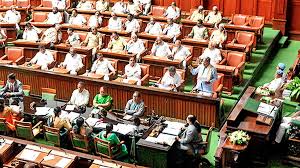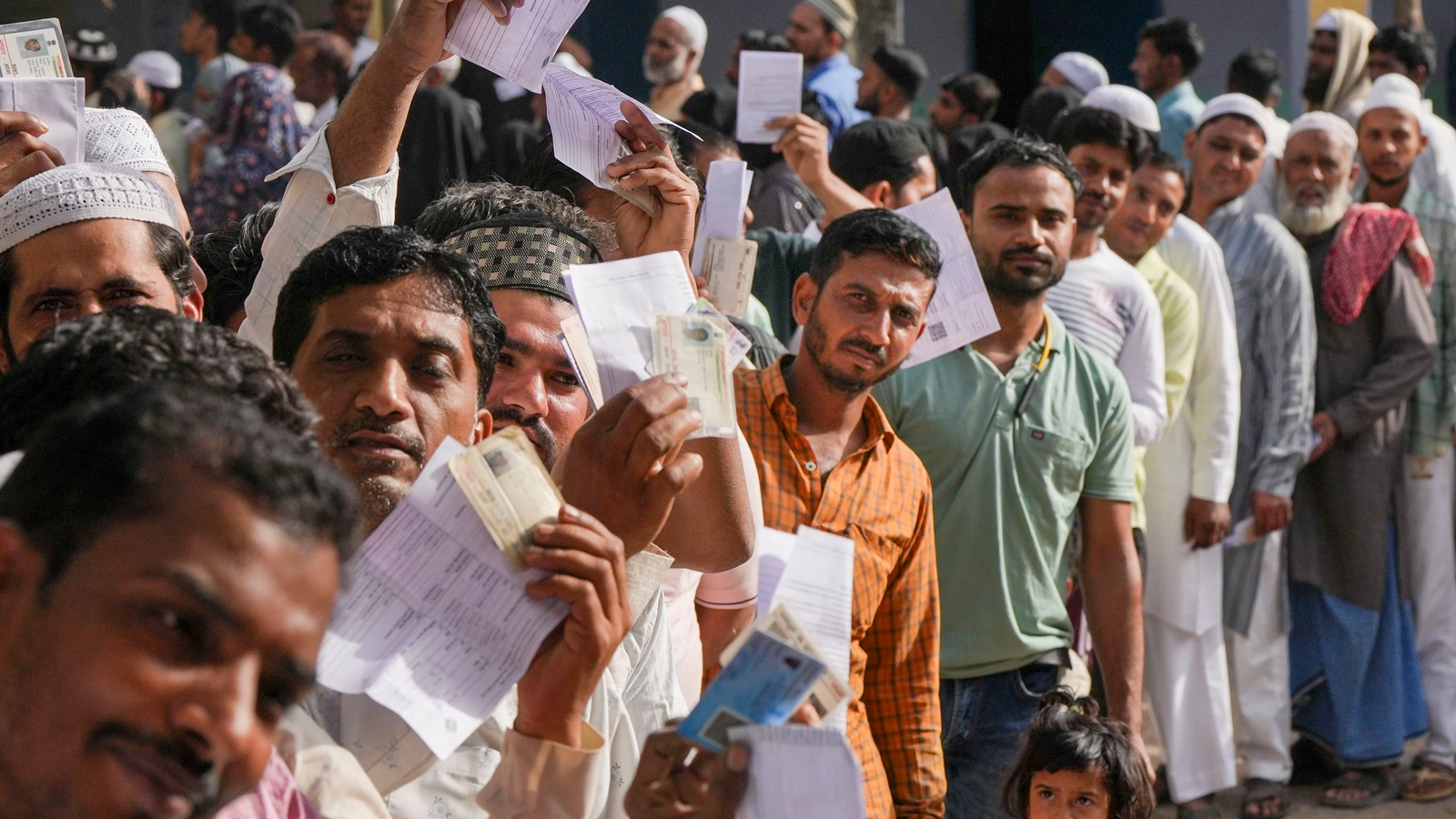Assembly Session Disrupted Over Land Laws
The recent assembly session witnessed significant disruptions as lawmakers clashed over proposed amendments to land laws, reflecting deep seated political divisions and public sensitivities surrounding land ownership and usage. The heated debate escalated quickly, leading to adjournments and procedural delays, highlighting the challenges governments face when addressing contentious issues that affect millions of citizens. The session’s disruption underscores the complexity of land reforms in India, where historical, economic, and social factors intertwine, often resulting in polarized opinions among stakeholders.
The land law amendments under discussion primarily focus on streamlining land acquisition processes for industrial and infrastructure projects while safeguarding the rights of farmers and landowners. Proponents argue that simplifying procedures will attract investment, boost economic development, and create jobs. They emphasize the need for clear titles, reduced litigation, and faster compensation mechanisms to promote ease of doing business. Several legislators cited examples from other states where similar reforms have catalyzed growth, urging the assembly to prioritize economic modernization.
Opponents, however, raised serious concerns about the potential adverse effects on small farmers, tribal populations, and vulnerable communities. They questioned the adequacy of compensation provisions and the transparency of land acquisition processes. Critics argued that the amendments could lead to forced displacement, loss of livelihoods, and erosion of traditional land rights. Protests from grassroots organizations and civil society groups have intensified outside the assembly, amplifying public pressure on elected representatives to reconsider the proposed changes. These conflicting viewpoints contributed to the session’s volatility.
The disruption also reflected broader political dynamics, with opposition parties leveraging the sensitive nature of land laws to mobilize their support base and challenge the ruling government’s agenda. The assembly saw impassioned speeches, walkouts, and demands for extended debates, demonstrating the issue’s electoral significance. Parliamentary procedures were invoked to manage order, but repeated interruptions hampered legislative business and delayed discussions on other pressing matters. The Speaker’s efforts to maintain decorum underscored the difficulties in balancing democratic expression with effective governance.
Media coverage of the assembly disruption brought widespread attention to the land laws debate, sparking public discourse across social and traditional platforms. Expert analyses highlighted the need for a balanced approach that reconciles development objectives with social justice. Legal scholars pointed out that comprehensive reforms must include robust mechanisms for stakeholder consultation, grievance redressal, and sustainable land management. The situation has also prompted calls for greater transparency and accountability in policymaking, ensuring that reforms are both inclusive and equitable.
Meanwhile, state administration is working to engage with community leaders, farmers’ unions, and industry representatives to build consensus and address contentious issues. Dialogues and public hearings are being planned to incorporate diverse perspectives and mitigate opposition. Officials emphasize that land reforms are critical to unlocking the state’s economic potential while assuring citizens that their rights and welfare remain paramount. The government’s communication strategy aims to dispel misinformation and foster trust among stakeholders as the legislative process continues.
In conclusion, the assembly session’s disruption over land laws highlights the delicate balance policymakers must achieve between economic development and social equity. Land remains a deeply emotional and vital resource for millions, making reforms inherently complex and politically charged. As discussions resume, it is imperative for all parties to engage constructively, prioritizing dialogue and consensus building to craft legislation that supports sustainable growth while protecting the rights and dignity of affected communities. The episode serves as a reminder of the importance of transparent, inclusive, and participatory governance in addressing India’s multifaceted challenges.
Politics











